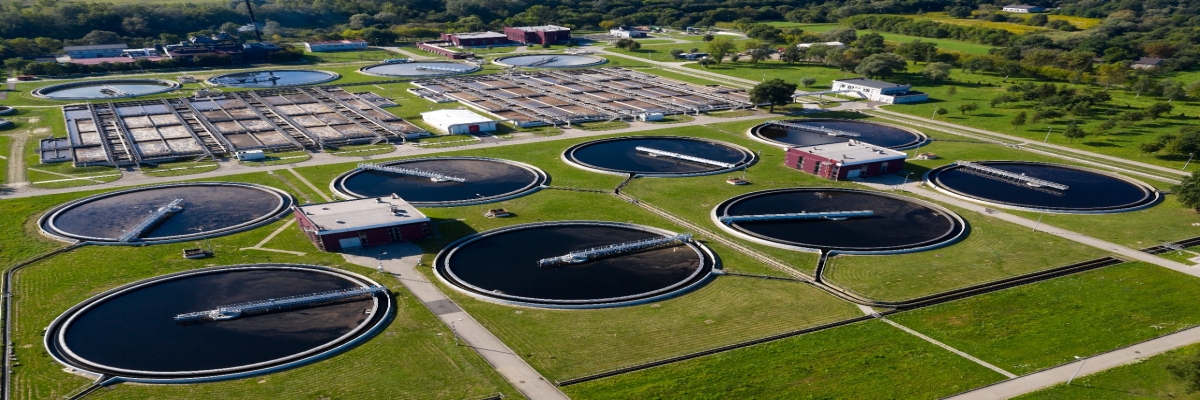Wastewater Surveillance


What is wastewater surveillance?
Wastewater surveillance is a process of monitoring and analyzing the water that goes down drains and toilets from homes, businesses, and industries. It involves examining the wastewater to gather information about substances and particles present in it. This method helps public health understand what is happening in a community or region.
How does it work?
When people are infected with a virus they can shed it in their feces, even if they don’t have symptoms. The virus can then be detected in wastewater through laboratory testing. By regularly testing and reviewing results from wastewater, experts can identify areas or communities with higher levels of the virus, even before individuals show symptoms. The results from wastewater testing are reviewed over time and compared to other disease indicators, like individual testing and hospitalization rates. All of this information helps public health officials take necessary actions like implementing targeted testing or reinforcing preventive measures.
What is being done in Tennessee?
Tennessee is conducting wastewater testing for SARS-CoV-2, the virus that causes COVID-19. Testing is completed through partnerships between the Tennessee Department of Health, the State Public Health Laboratory, local and regional health departments, and wastewater utilities. The program currently includes nine wastewater utilities in three metropolitan areas (Shelby, Davidson, Sullivan counties) and three rural regions (West, Mid Cumberland, Southeast). Results for Tennessee can be found here: COVID-19 Wastewater Data – National Trends | NWSS | CDC
How is Tennessee information being used?
Tennessee reviews trends in wastewater data and compares the information to illness and hospitalization rates to determine if there are increases in COVID-19 infection in the community. Data are shared with CDC assist in tracking the COVID-19 levels across the country.
FREQUENTLY ASKED QUESTIONS
How are water samples collected?
Water samples are collected at the wastewater utility by machine or by hand. Samples are stored, packaged, and shipped to the laboratory for testing. The laboratory analyzes the sample and provides the concentration of the virus, bacteria or substance being targeted.
What are advantages of wastewater surveillance?
Wastewater surveillance detect virus even when people are not showing symptoms and doesn’t rely on people going to a healthcare setting to get a test. Wastewater surveillance is anonymous as the sample represents a community and cannot be used to trace back to individuals.
For more information, please visit https://www.cdc.gov/nwss/wastewater-surveillance.html.